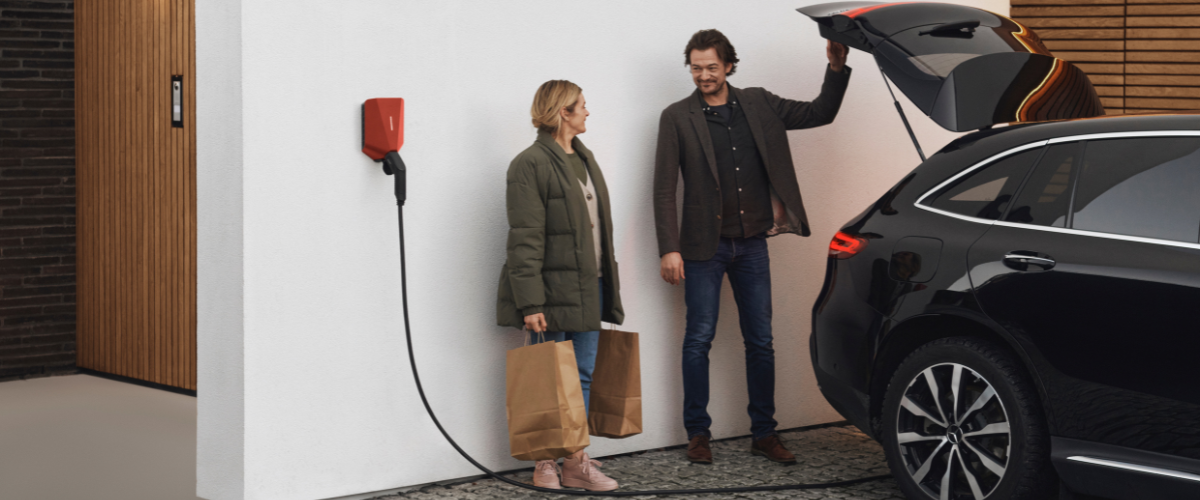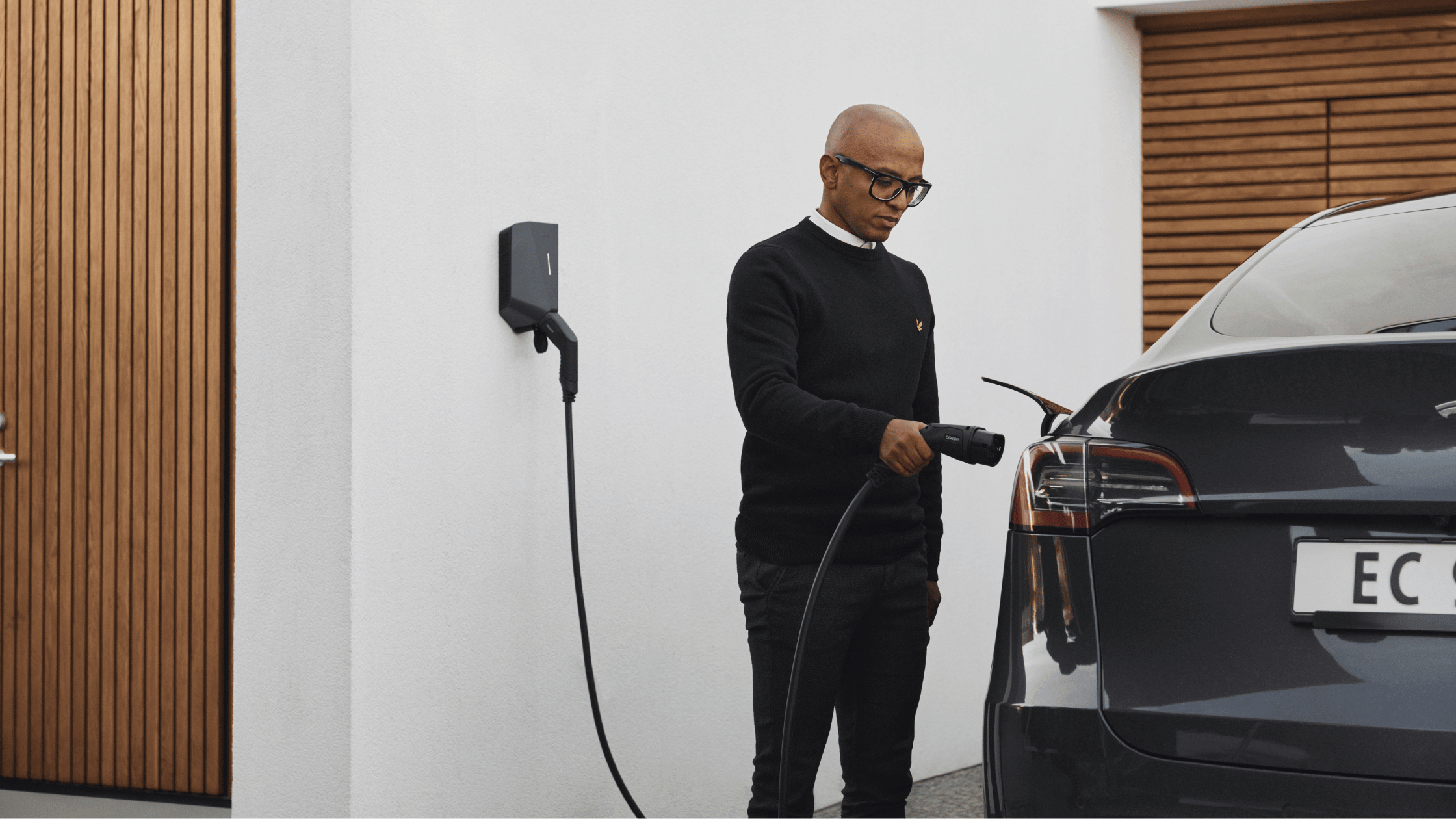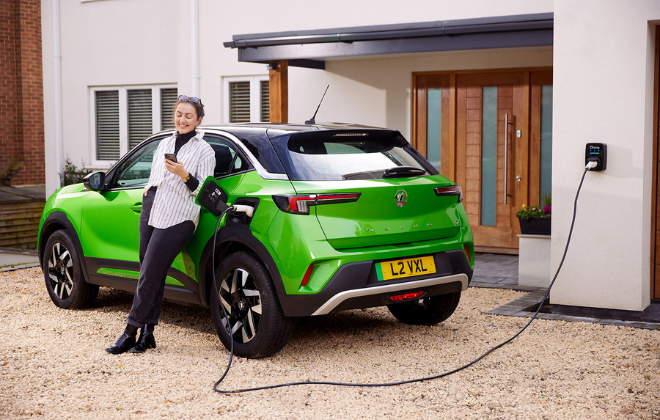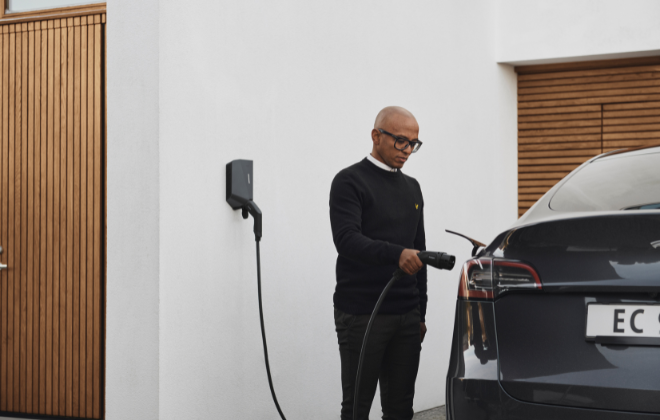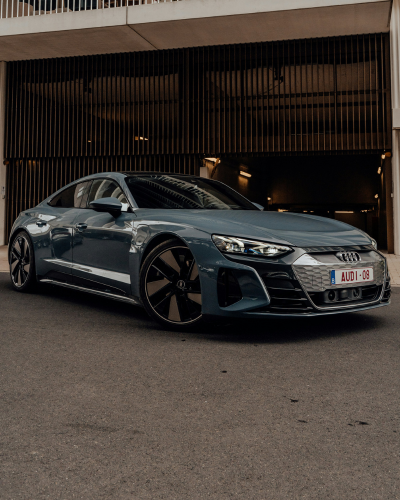

Why are electric cars so expensive?
Why are electric cars so expensive?
While electric cars have many benefits, such as being eco-friendly, extremely quiet and requiring less maintenance, one significant barrier to their widespread adoption remains their high cost.
Despite efforts to reduce the price of electric cars, they remain considerably more expensive than their petrol and diesel counterparts, which begs the question – why are electric cars so expensive?
In this blog post, we will explore the reasons why electric cars are still so expensive, what factors contribute to their high cost and whether this will change anytime soon.
Why are electric cars more expensive than petrol or diesel cars?
The primary reason for the higher cost of electric cars compared to petrol or diesel vehicles is the expense of the battery, which represents a substantial portion of the EV’s cost. Although electric car battery costs have been falling in recent years, they are still a significant contributor to the overall cost of an electric car.
As with many innovative technologies, they tend to carry a premium price tag due to being produced in smaller quantities. Because the demand for electric cars is still relatively small, economies of scale are not yet in place to reduce costs.
Electric cars also use new technology that is still relatively unfamiliar to many manufacturers, which can increase production costs.
Finally, electric cars are not yet as widely available as petrol or diesel cars, so there is less competition among manufacturers. This can increase the total cost for consumers.
How much more expensive are EVs?
At present, there is a notable difference in pricing between petrol or diesel cars and electric cars. For example, the Fiat 500 Electric carries a recommended retail price range of £26,435 to £34,195, whereas the Fiat 500 is priced from £16,790 to £18,290. Ultimately, new electric vehicles are more expensive to buy.
While it’s possible to lease a petrol or diesel Fiat 500 for under £200 a month, leasing an electric version typically costs over £300, indicating a significant difference in the price tag of electric vehicles.
Are electric car maintenance costs more expensive?
Electric cars have fewer moving parts, don’t need oil changes, and have regenerative braking, which can reduce wear and tear. As a result, electric vehicles require less regular maintenance. This can lead to cost savings throughout the vehicle’s lifespan, compared to petrol and diesel vehicles.

Are electric vehicle running costs more expensive?
Currently, battery electric cars (BEVs) do not need to pay road tax. However, the UK government announced that zero-emission vehicles, including cars, vans, and motorcycles, will have to pay road tax beginning in April 2025.
Nevertheless, electric cars remain exempt from the Congestion Charge and the Ultra Low Emission Zone (ULEZ), resulting in further cost savings.
There is good news for those contemplating an electric vehicle for their business car. In 2023/2024, electric vehicles have a 2% Benefit in Kind (BIK) rate. By selecting an electric vehicle, drivers are taxed on only 2% of the list price, in contrast to petrol or diesel models, which are taxed at 25% or higher. As such, switching to electric for a business car makes it a desirable option with a significant expense reduction.
In addition, numerous local councils offer incentives for electric vehicle owners, such as reduced-cost Residents’ Parking Permits or Green Vehicle Permits that enable free parking at shopping centres, train stations, and other locations. Owning an EV may also allow bus lane access and free use of charging stations. As offers differ from council to council, it is worth contacting your local authority to learn more.
The numerous incentives available for electric vehicles can lead to significantly reduced running costs, especially compared to internal combustion engine (ICE) vehicles.
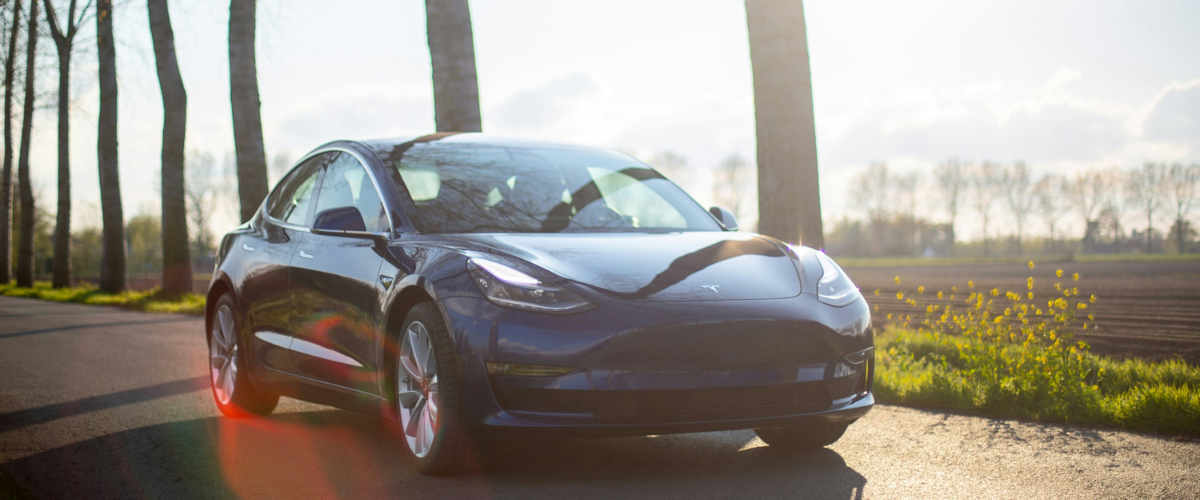
How much does it cost to charge an EV?
The cost to charge an electric car varies depending on factors such as the type of charger and where you choose to charge.
If you use a smart home charger and charge during off-peak hours, you’ll get a discounted electricity rate due to the decreased demand, meaning you can charge for cheaper.
Many public chargers can be used free of charge. Read our blog to learn how to charge for free. Even public charging points that are not free to use are highly affordable and considerably less expensive than refuelling with petrol or diesel.
In addition, it’s possible to charge your vehicle for free during working hours if your employer offers workplace charging points.
As such, charging an electric vehicle is typically less expensive than filling up a petrol or diesel vehicle, especially if you utilise home charging during off-peak hours or have access to free charging stations.
However, the cost of charging an EV depends on several factors, including the cost of electricity in your area, the efficiency of your vehicle, and the type of charger you use.
Is electric car insurance more expensive?
According to GoCompare, insuring an electric car is usually more expensive than insuring a petrol or diesel car. This is because the specialised technology used in electric vehicles can be costly to repair or replace. Repairs may require specialised parts and mechanics, which can increase premiums.
However, as more insurers start covering electric vehicles, prices are likely to decrease. While premiums are generally higher for electric cars than traditional vehicles, this gap is shrinking, and prices are expected to continue to fall as more electric cars are introduced to the market.
Moreover, as we approach the UK government’s ban on new petrol or diesel cars in 2035, electric car insurance premiums are expected to continue to decrease to the point where they are lower than those of petrol and diesel cars.
Is there any help available to make electric cars cheaper?
Government grants are available for both electric vehicle chargers and the vehicles themselves.
In England, five government grants are currently available for the supply and installation of an electric car charger, with up to £350 available for some individuals living in domestic properties.
You can read more about the current grants available for charging points here.
While the £3,500 grant for individuals purchasing an electric vehicle or plug-in hybrid has ended, grants are still available for specific EV types, such as vans, taxis, and motorcycles.
You can find out more about these grants on the government website.
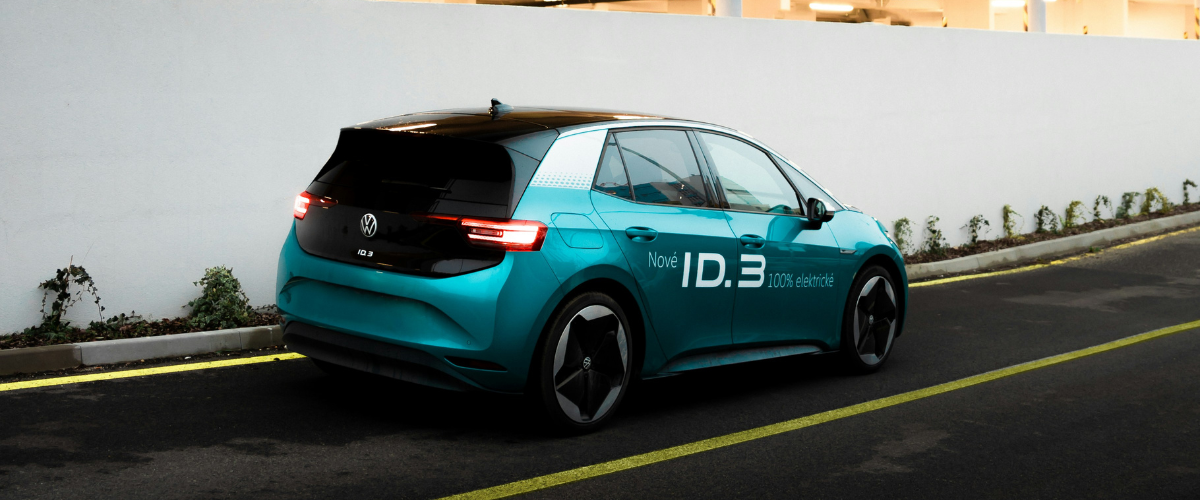
Will electric cars always be more expensive?
In the future, the increasing demand in the electric car market is expected to lead to a price drop.
Although the limited supply of lithium-ion batteries is currently restraining the market, the growing second-hand market for electric vehicles and the expected fall in battery prices provide hope for the future.
As EV uptake increases, the economies of scale will make it cheaper to manufacture EV components, including batteries, which are the most expensive component of an electric car.
Moreover, the UK government’s plan to phase out the sale of petrol and diesel cars by 2035 is expected to drive the growth of the EV market even further and bring prices down significantly, making them more comparable to petrol or diesel vehicles.
The long term
Purchasing an electric car can result in long-term cost savings if you can afford the upfront cost. In fact, over the course of their lifetime, EVs can be more cost-effective than traditional petrol or diesel vehicles due to reduced running, maintenance, and charging expenses.
Conclusion:
In conclusion, while electric cars offer several benefits, such as being environmentally friendly, requiring less maintenance, and providing quiet driving, their high cost has been a significant barrier to their widespread adoption.
The cost of the battery remains a significant reason why electric cars are more expensive than petrol or diesel vehicles. However, despite the higher upfront cost, electric vehicles offer several advantages that can enable you to save money over the long run, such as reduced maintenance costs, lower running costs, and incentives provided by the government and local councils.
As battery costs continue to fall, economies of scale increase and more insurers cover electric vehicles; prices are expected to continue to decrease.
Therefore, electric cars may become more affordable and accessible to the average consumer.

Interested in saving money on EV charging?
One of the main upsides to buying an electric vehicle (EV) is that they’re a lot cheaper to run, with electricity generally being cheaper than both petrol and diesel.
As previously mentioned, one way to significantly save on an electric vehicle’s running costs is to charge at home during off-peak hours or opt for a home electric car charger with tariff integration.
If you are looking to get an EV charger installed at your home, click below to get your free quote, or contact us for more information or any queries you may have.
For more information and our latest updates, follow us on Facebook, Instagram, Twitter, LinkedIn and YouTube.
Related articles_
Stay up to date on the latest from We Power Your Car_
I consent to receive newsletters from We Power Your Car. Please see our Privacy Policy
